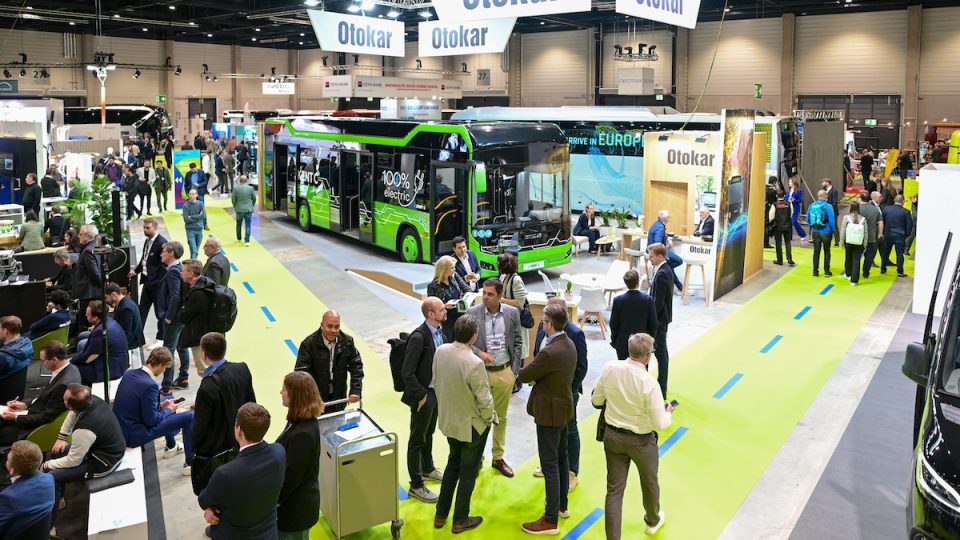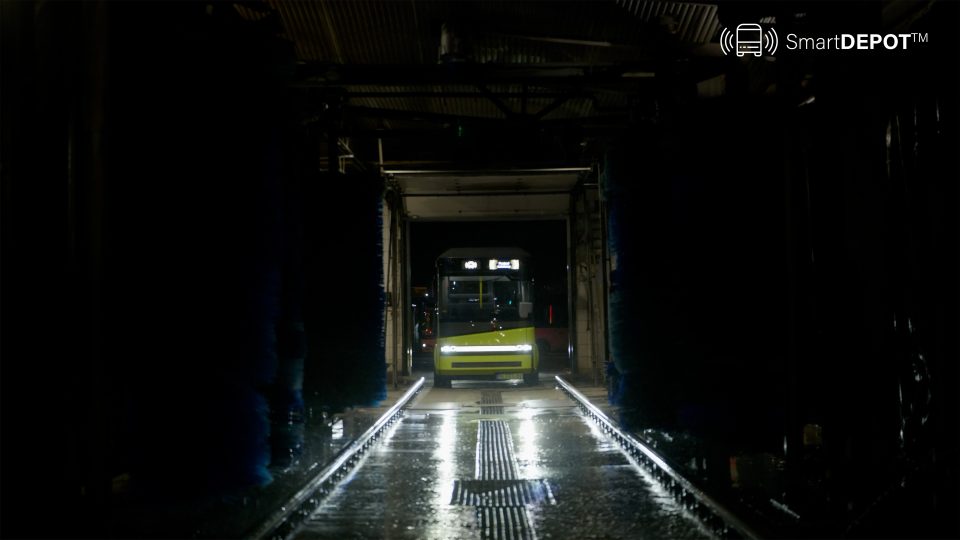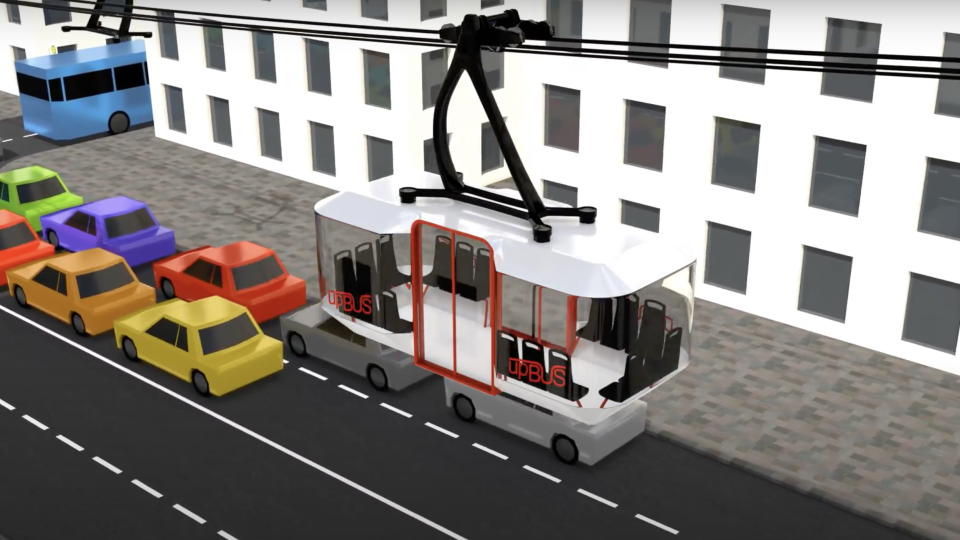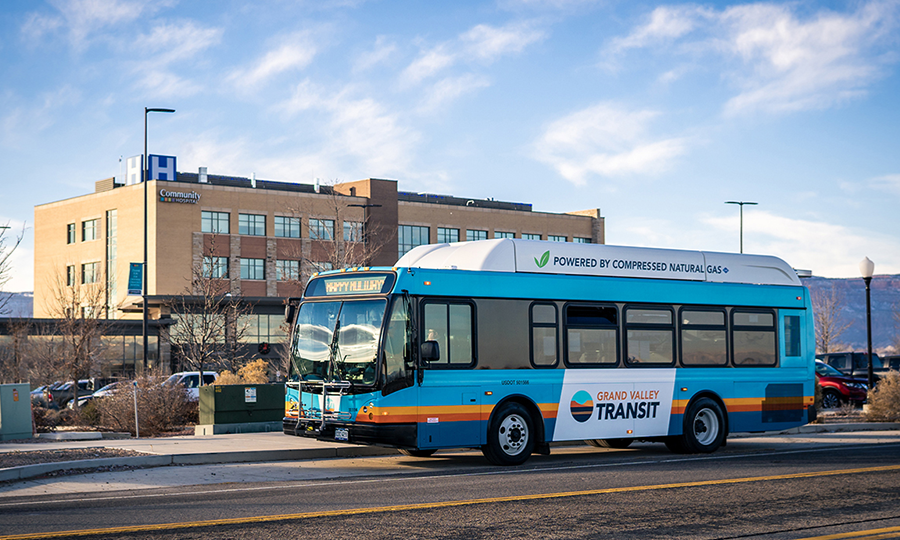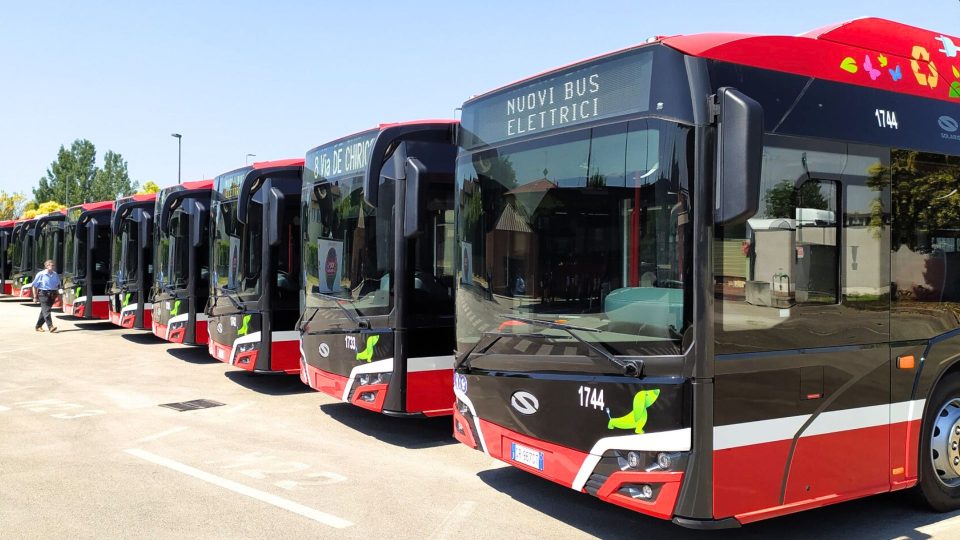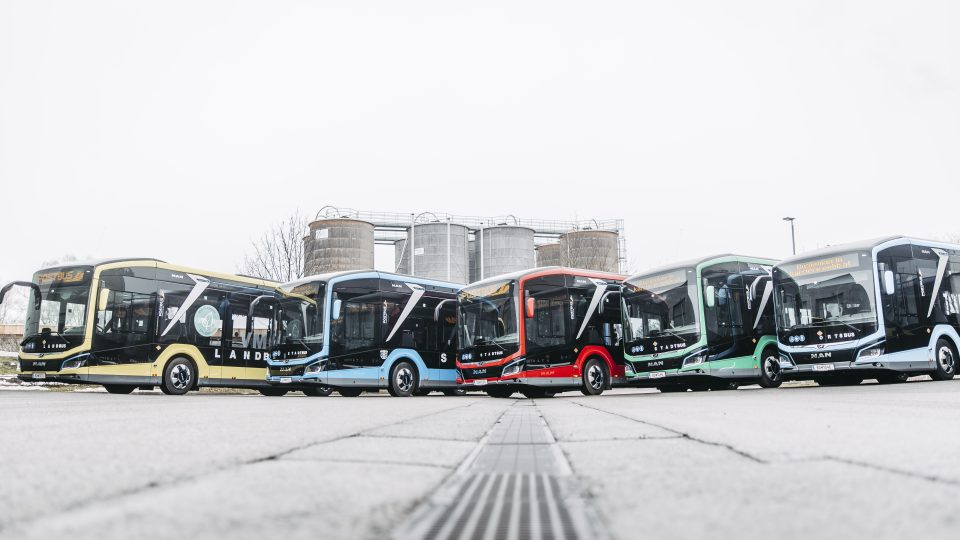Scania new bus strategy in Europe: “Market is changing, we need to focus”. Our interview with SVP Head of Bus & Coach Johanna Lind
Scania has announced on the 30th of May 2023 a significant change in its business model and industrial strategy in Europe. It’ll cease body production for Scania bus chassis in Poland and will continue offering complete buses and coaches thanks to partnerships with bodybuilders. Production of Scania Citywide, Scania Interlink, and Low floor-chassis will be discontinued. Oddly enough, […]
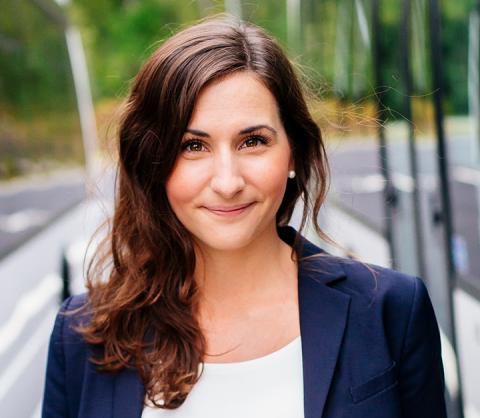
Scania has announced on the 30th of May 2023 a significant change in its business model and industrial strategy in Europe. It’ll cease body production for Scania bus chassis in Poland and will continue offering complete buses and coaches thanks to partnerships with bodybuilders. Production of Scania Citywide, Scania Interlink, and Low floor-chassis will be discontinued. Oddly enough, Scania bus range has just been updated, with new Interlink launched in January 2022.
A very similar decision was recently taken by the other Swedish brand Volvo Buses: in March the group announced plans to end production of complete buses and coaches in Europe (and also in this case a Polish plant, the one in Wroclaw, is affected).
Back to Scania, in 2022 a total of 1,142 buses were registered (fifth player on the European bus market above 8 tons), with a -28% compared to 2021 (and -35% than 2019)
In an interview we conducted during UITP Summit 2023, Scania Senior Vice President Head of Bus and Coach Johanna Salomonsson Lind (she took the position in February 2023 from Anna Carmo e Silva) discuss the reasons behind this strategic shift and the expected outcomes.
Scania made the difficult decision to discontinue the Scania Citywide, the Interlink, and the Low Floor models in order to focus and invest in areas where we are already strong. This strategic move allows us to continue investing in urban and intercity transportation solutions, working closely with our partners.
Johanna Salomonsson Lind, Senior Vice President Head of Bus and Coach, Scania Group
Scania, Johanna Salomonsson Lind and the new European bus strategy
The change in the business model announced by your group has been quite striking. May you be more specific about reasons and expected results?
Scania’s strengths lie in its modular concepts, which make our vehicles durable and reliable. We also have skilled technicians worldwide and extensive experience in running buses, ensuring timely service. Additionally, Scania’s strong partnerships enable us to offer solutions tailored to specific markets: if you look at 2022, 90% of our sales worldwide were done through partnerships.
We see that in the past few years, the market has been changing rapidly, and the pandemic obviously hit the market strongly. Now the volumes are picking up, but in a slightly different shape, and we also see that the investments needed are increasing, also due to new legislation and technical development.
So, we started reviewing how we ensure that we maintain our competitiveness. We believe that for us to remain a key player in the market over time, we need to focus. This will also give us resources to be more adaptive and flexible to the needs and the markets, being more attentive to what’s happening.
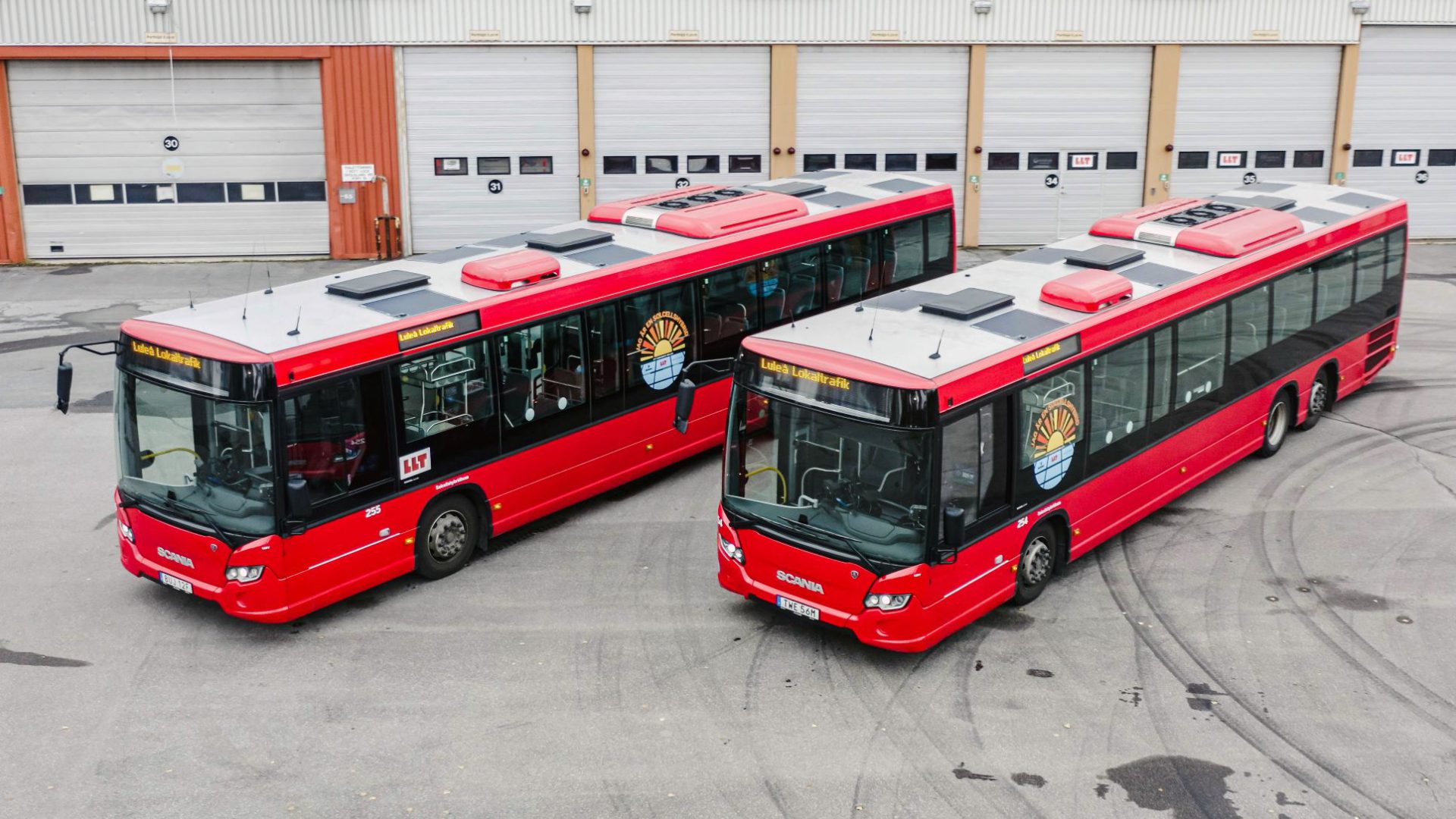
Therefore you made the decision to end three of Scania bus products…
Scania made the difficult decision to discontinue the Scania Citywide, the Interlink, and the Low Floor models in order to focus and invest in areas where we are already strong. This strategic move allows us to continue investing in urban and intercity transportation solutions, working closely with our partners.
If you look at 2022, 90% of our sales worldwide were done through partnerships. We see that in the past few years, the market has been changing rapidly, and the pandemic obviously hit the market strongly. Now the volumes are picking up, but in a slightly different shape, and we also see that the investments needed are increasing, also due to new legislation and technical development. So, we started reviewing how we ensure that we maintain our competitiveness. We believe that for us to remain a key player in the market over time, we need to focus. This will also give us resources to be more adaptive and flexible to the needs and the markets, being more attentive to what’s happening.
Johanna Salomonsson Lind, Senior Vice President Head of Bus and Coach, Scania Group
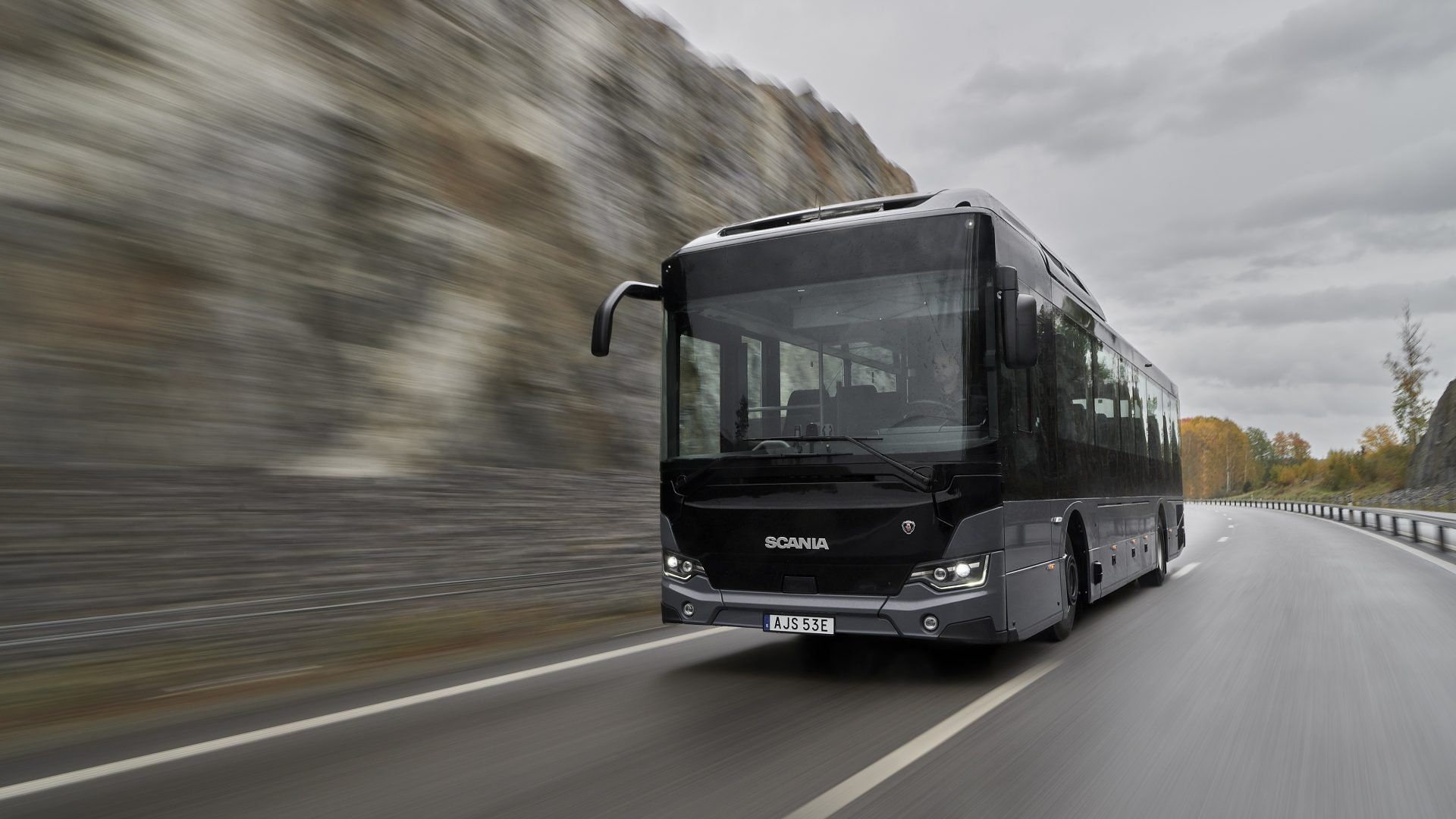
Will Scania develop new platforms or utilize existing ones?
Scania has a long history of platforms and will continue investing in those that have proven successful. There’s an aspect I’d like to stress…
Please…
We will continue offering what we call complete solutions, but we’ll do this in cooperation with our partners. Depending on the specific case, our level of integration can vary. In some instances, we are heavily involved in industrial integration, while in others, our focus will be more on the commercial integration.
Scania electric bus range?
When can we expect to see Scania’s range of electric buses?
Scania believes in offering a broad range of powertrain options to meet local requirements and ensure sustainable solutions. We are investing in various options such as hybrids. gas and electric drivelines. Scania sees the need for multiple alternatives, including electric, to adapt and lower emissions in different contexts.
We should also keep in mind that approximately 80% of CO2 emissions occur in suburban areas. To address this, we will continue our investments in various technologies.
Coach side: how will this be affected?
The products that will be discontinued have been announced. For the remaining products the strategy will not change.
How will the decision to discontinue certain products affect Scania’s business and workforce?
We really want to focus to remain a primary voice in sustainability. We needed to take this very tough decision. Concerning the production facility, we are currently producing chassis and bodyworks, and we’ll continue to be present with the first.
What about the workforce?
The negotiations are still ongoing. The actual number of people will be defined. In local media it was reported that 847 people are concerned, however our best ambition is to reduce this number through other measures. We are investing in several supporting mechanisms right now for our employees.


